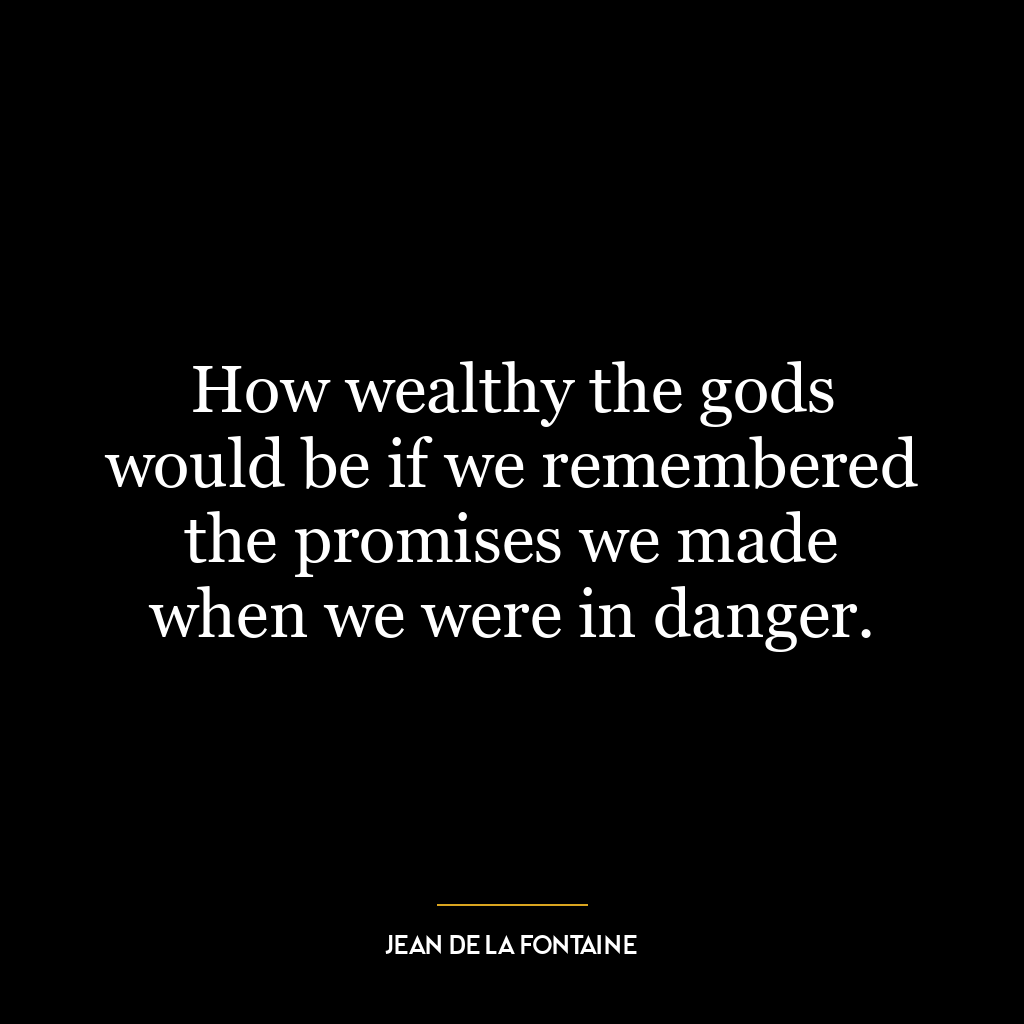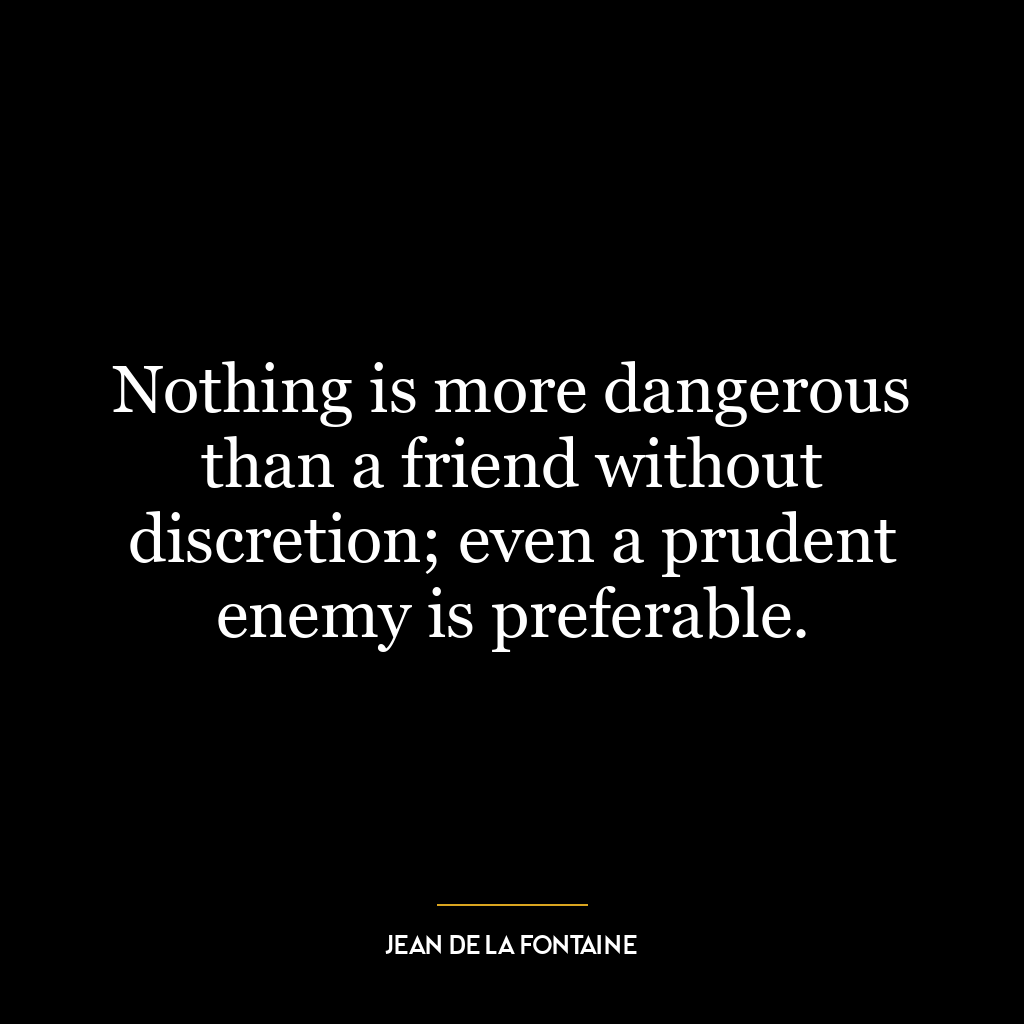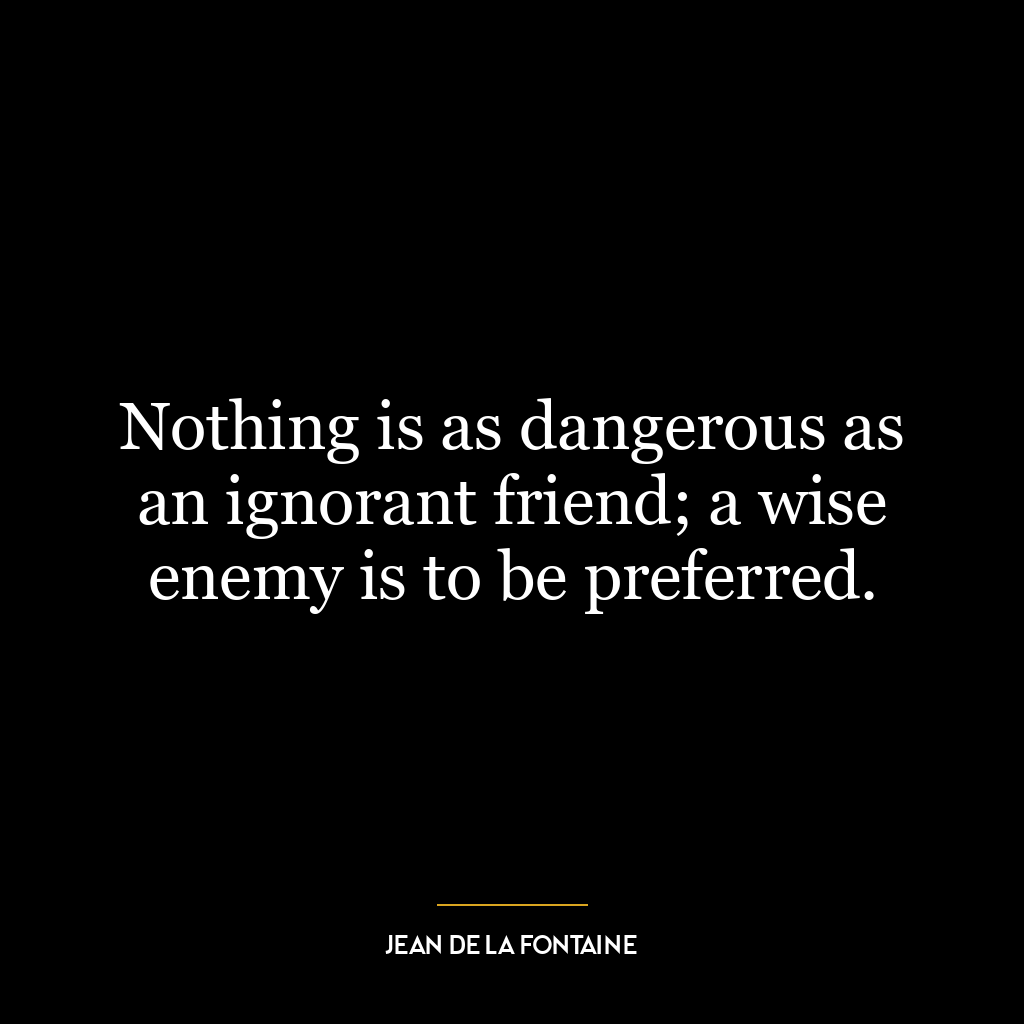This quote suggests that a sense of righteousness, or the belief that one’s actions, beliefs, and values are inherently correct or superior to others’, can be more harmful than a violent temper. A person with a violent temper may cause immediate harm through their outbursts, but they often realize their mistake and might even feel remorse afterwards. However, someone who is self-righteous believes so strongly in their own moral high ground that they fail to see the potential harm they’re causing to others. They can justify any action, no matter how harmful it may seem to others because they believe it’s ‘right’.
In terms of depth and perspective, this quote highlights an important aspect of human nature: our tendency towards self-justification. It implies that when we are convinced of our own righteousness—our own infallibility—we become blind to the realities around us and deaf to other perspectives.
Applied in today’s world context where diverse opinions coexist yet clash frequently due to social media amplification and polarization – this quote serves as a warning against dogmatic thinking or extremism. When we believe only we hold the truth while everyone else is wrong or misguided – it leads not just personal relationships but whole societies towards conflict.
In terms of personal development, understanding this concept could lead us towards being more open-minded and empathetic individuals. Instead of assuming we have all the answers or our way is always right – it encourages humility and respect for other viewpoints which fosters growth both personally and professionally by learning from different perspectives rather than dismissing them outrightly due to self-righteousness.











